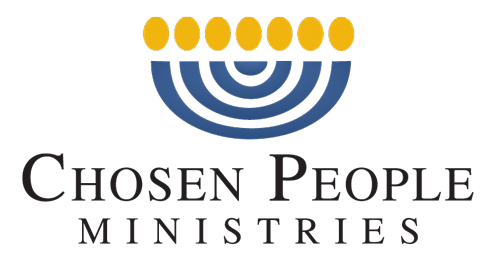 https://www.chosenpeople.com/wp-content/uploads/2024/04/April-NL-Landing-Page-Background.jpg
1080
1920
cpm
https://www.chosenpeople.com/wp-content/uploads/2020/01/CPM-Logo-small-495x256.png
cpm2024-04-10 16:19:322024-04-12 15:07:212024 April Newsletter
https://www.chosenpeople.com/wp-content/uploads/2024/04/April-NL-Landing-Page-Background.jpg
1080
1920
cpm
https://www.chosenpeople.com/wp-content/uploads/2020/01/CPM-Logo-small-495x256.png
cpm2024-04-10 16:19:322024-04-12 15:07:212024 April NewsletterTherefore they called these days Purim after the name of Pur. And because of the instructions in this letter, both what they had seen in this regard and what had happened to them, the Jews established and made a custom for themselves and for their descendants and for all those who allied themselves with them, so that they would not fail to celebrate these two days according to their regulation and according to their appointed time annually. So these days were to be remembered and celebrated throughout every generation, every family, every province and every city; and these days of Purim were not to fail from among the Jews, or their memory fade from their descendants. (Esther 9:26–28)
Purim is memorialized by reading the book of Esther, eating festive food, such as hamentaschen (delicious fruit-filled cookies), celebrating with games, costumes, and theater, and being charitable by giving to those in need. This presentation, like our other presentations, connects the dots between the ancient biblical events and their relevance for the modern believer in Jesus. Build your church’s faith by exploring an entire book of Scripture devoted to yet another victory for God’s people in the face of antisemitism. As we celebrate this victory together, we will rejoice that our God is mighty and always victorious.








